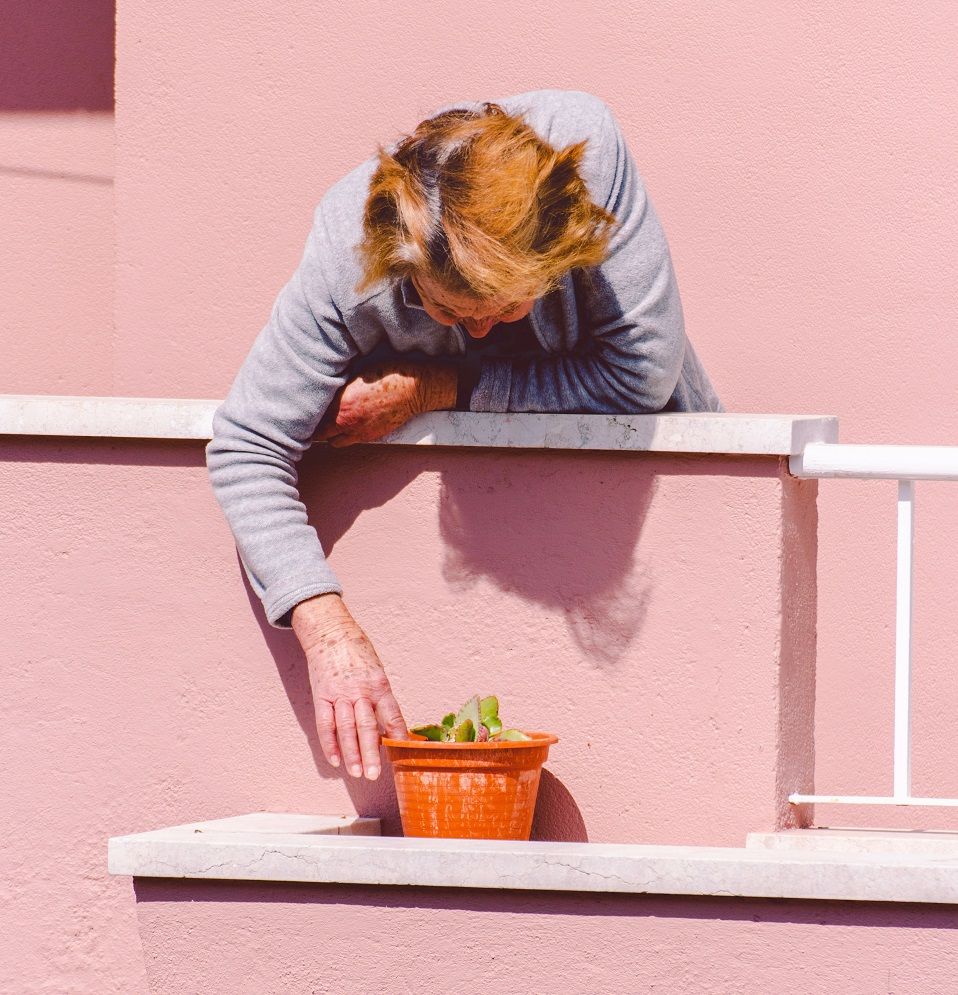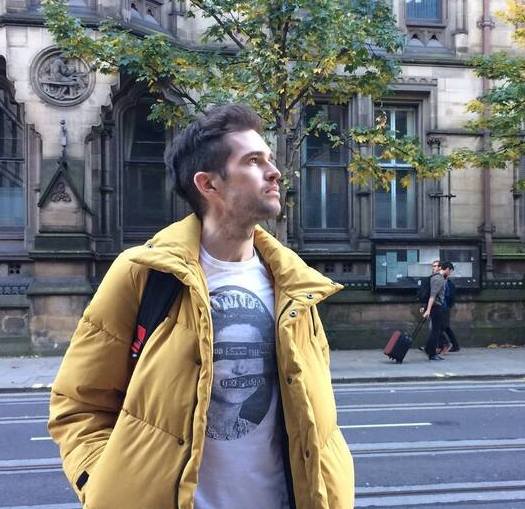If you’re like me right now, you’ll be under quarantine. You’ll also know that being under quarantine isn’t an excuse to revert back to bad habits.
In other words, if you’ve been living an eco-minded life recently (or for years), now isn’t the time to put a pause on that. Now is the time to double down on it and keep doing all the great things you’ve been doing for the good of our planet.
If you’re a little unsure of what you can do to help right now, join me as I take a look at how to be sustainable during quarantine.
Improve your eco knowledge
There are many ways you can go your green knowledge during lockdown. For example, you could read a book on climate change or watch documentaries about the environment (Netflix has a few good ones). There are also environment-focused podcasts you can tune into.
If your sustainability knowledge is a bit rusty at the moment, use this time to catch up. You could even take an online course in a subject that really appeals to you.
Clear out your house
A decluttered house leads to a decluttered mind. And isn’t that something we all crave for during these strange times?
You could start by organizing your rooms, tidying things up, and getting rid of things you don’t need anymore. Of course, you shouldn’t just get rid of stuff — you could pack things away in boxes labeled for recycle, donation, or repurpose.
If your country is like mine and has closed its recycle plants down temporarily, that’s totally fine — the boxes will still be there when the economy is back up and running.
Don’t forget to prune your wardrobe, too. In fact, this might be a really good chance to let go of some stuff and start fine-tuning a more ethical wardrobe for when this is all over.
Don’t let food go to waste
It’s said that we waste 1.3 billion tons of food each year, which is incredible. During lockdown, I’ve noticed people are not only still wasting food; they’re also dumping it in neighboring streets because the garbage men aren’t collecting as often.
This is a real shame, but now isn’t the time to waste food. Now is the time to start using food more wisely and learn how to make food last longer. If you click that link just there, you can learn how to get the most out of your next grocery shopping trip with foods that have longer shelf life and can be used to create a variety of dishes.
On that note, learning to cook more vegetarian/vegan dishes is a great way to spend your time in quarantine.
Audit your lifestyle
Quarantine is a great time to indulge in a bit of introspective thinking (never thought I’d have to write a sentence like that). In other words, now is a great time to assess your habits, lifestyle choices, and consumption choices.
Take a look around your home. What does it say about your habits? Do you spend too much cash on needless things? Is there a way you can swap — for example — your toothbrush for a more sustainable one when all this is over?
Also, make a list of the things you need to buy soon and then try to figure out how you can make a more ethical buying choice going forward.
You could also make a list of zero waste products you could make yourself in the future, such as deodorant and toothpaste. I’ve tried this myself — it didn’t taste like toothpaste at all, but hey, it’s a start!
Grow your own vegetables
There’s literally nothing stopping you from growing your own veggies as long as you’ve got a garden, sunlight, and water! Potatoes, carrots, turnips, you name it — they can all be grown in your very own back yard or balcony. We actually have a guide to growing veggies on your balcony or fire escape, so make sure to check it out.
Growing your own vegetables can help to prevent food waste, and it means fewer trips to the grocery store during lockdown. It will also save you money in the long run and teach you more sustainable habits.
Hold yourself accountable
Lastly, in case you think you might struggle to stay sustainable during quarantine, why not write a journal that tracks your daily or weekly progress? Each day (or every other day), you could make notes on what you did, how you felt about that, and what you plan to do next.
This is a great way to set goals, track your progress, and hold yourself accountable. Plus, if you share it online, it could help to encourage your friends and others to do the same. Also, journaling is good for mental health.
And if you’ve got any tips of your own? Feel free to leave a comment below!
We updated NatureHub app with essential tips to help you prepare and cope with Covid-19 outbreak. Find local discussions, quarantine tips, recipes, DIYs, and news in your NatureHub app.


